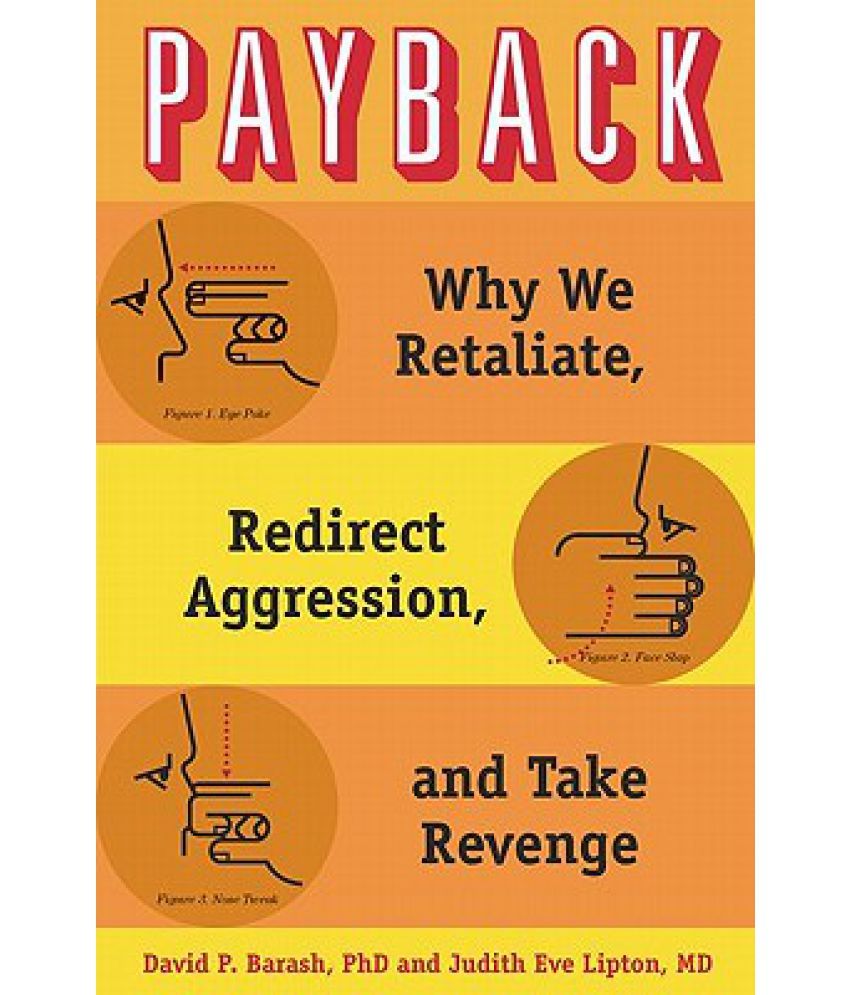Something went wrong. Please refresh the page and try again.
Something went wrong. Please refresh the page and try again.
Notifications can be turned off anytime from settings.
Item(s) Added To cart
Qty.
Something went wrong. Please refresh the page and try again.
Something went wrong. Please refresh the page and try again.
Exchange offer not applicable. New product price is lower than exchange product price
Please check the updated No Cost EMI details on the payment page
Exchange offer is not applicable with this product
Exchange Offer cannot be clubbed with Bajaj Finserv for this product
Product price & seller has been updated as per Bajaj Finserv EMI option
Please apply exchange offer again
Your item has been added to Shortlist.
View AllYour Item has been added to Shopping List
View AllSorry! Payback is sold out.


You will be notified when this product will be in stock
| ||||||||||||||
Learn More about the Book
From the child taunted by her playmates to the office worker who feels stifled in his daily routine, people frequently take out their pain and anger on others, even those who had nothing to do with the original stress. The bullied child may kick her puppy, the stifled worker yells at his children: Payback can be directed anywhere, sometimes at inanimate things, animals, or other people. In Payback, the husband-and wife team of evolutionary biologist David Barash and psychiatrist Judith Lipton offer an illuminating look at this phenomenon, showing how it has evolved, why it occurs, and what we can do about it. Retaliation and revenge are well known to most people. We all know what it is like to want to get even, get justice, or take revenge. What is new in this book is an extended discussion of redirected aggression, which occurs not only in people but other species as well. The authors reveal that it's not just a matter of yelling at your spouse "because" your boss yells at you. Indeed, the phenomenon of redirected aggression--so-called to differentiate it from retaliation and revenge, the other main forms of payback--haunts our criminal courts, our streets, our battlefields, our homes, and our hearts. It lurks behind some of the nastiest and seemingly inexplicable things that otherwise decent people do, from road rage to yelling at a crying baby. And it exists across boundaries of every kind--culture, time, geography, and even species. Indeed, it's not just a human phenomenon. Passing pain to others can be seen in birds and horses, fish and primates--in virtually all vertebrates. It turns out that there is robust neurobiological hardware and software promoting redirected aggression, as well as evolutionary underpinnings. Payback may be natural, the authors conclude, but we are capable of rising above it, without sacrificing self-esteem and social status. They show how the various human responses to pain and suffering can be manag
Review Quotes
1.
"Overall, this is an interesting and original book--well written and jargon free. For biologists, psychologists, sociologists, and political scientists, as well as generalists who are intestered in such areas." --Library Journal
"Beautifully and elegantly written with an extraordinary breadth of information,
Payback is both enlightening and enriching to read for a wide range of scholars interested
in animal and human behavior." -- Lixing Sun, review in Evolutionary Psychology
"The desire for vengeance is deep-rooted, as the evolutionary biologist David Barash and psychiatrist Judith Lipton, who are married, note in their fascinating new book Payback: Why We Retaliate, Redirect Aggression, and Take Revenge (Oxford University Press, 2011). Not just humans but many animals retaliate against those who threaten or harm them, Barash and Lipton point out." --John Horgan, Scientific American
"The authors use interesting examples from across times and cultures to illustrate their
points throughout the book." -- Helen C. Harton and Zackary Lemka, PsycCRITIQUES
The images represent actual product though color of the image and product may slightly differ.
Register now to get updates on promotions and
coupons. Or Download App